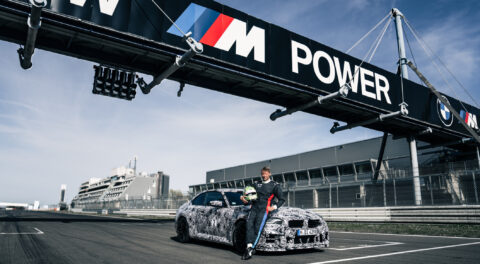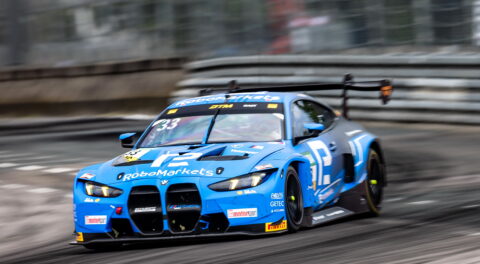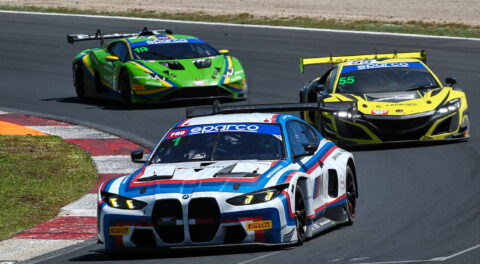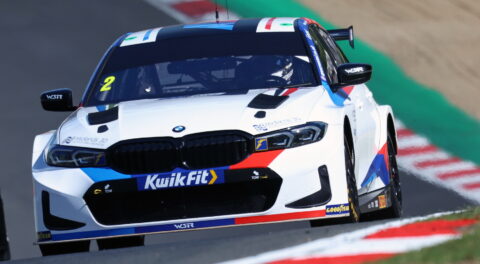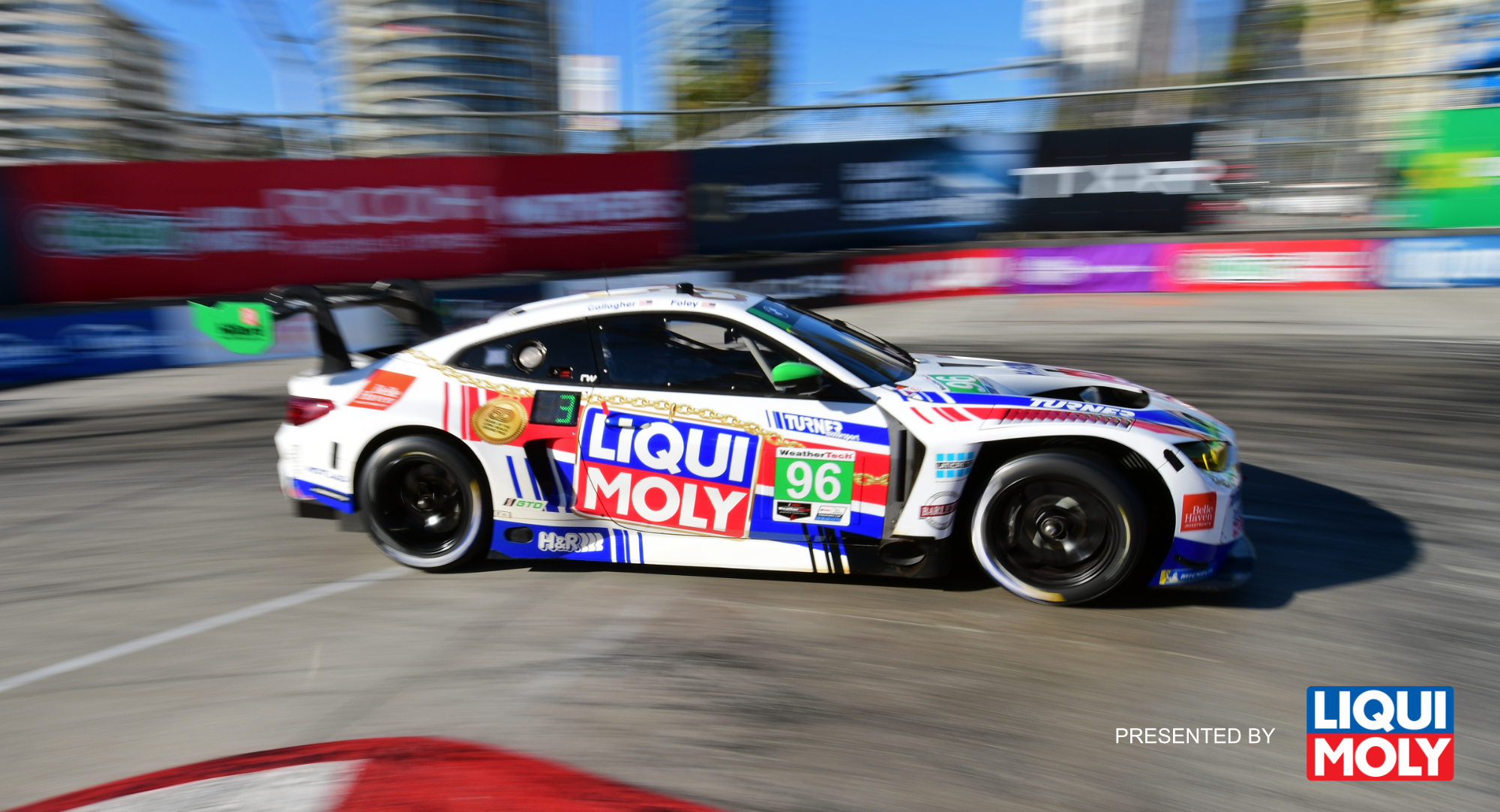The BMW Group has reached an agreement with Swedish startup H2 Green Steel to source sustainably-produced steel made with 95% less carbon emissions than conventional processes. Procurement is scheduled to begin in 2025, and the steel produced by H2 is made using an innovative process that relies on hydrogen and renewable energy sources as opposed to current methods which are said to account for approximately 8% of global carbon dioxide emissions.
The agreement follows an investment on the part of BMW i Ventures in Boston Metal announced earlier this year, a startup focused on producing steel for automotive manufacturing using what is referred to as molten oxide electrolysis. In addition to steel, BMW will also soon be sourcing aluminum produced using solar power from Emirates Global Aluminum. All of the efforts and more are part of the automaker’s broader push to realize greater carbon emissions reduction goals, and to maintain its position as the most sustainable automaker.
“Our goal is to reduce CO2 emissions in our steel supply chain by about two million tonnes by 2030. Sourcing steel produced using hydrogen and green power can make a vital contribution to this,” said Dr. Andreas Wendt, member of the Board of Management of BMW AG responsible for purchasing and supplier network. “Steel is essential for producing cars and will be no less important for future vehicle generations. Innovative technologies that enable virtually carbon-free production of steel have a significant impact on our ability to reduce CO2 emissions in our steel supply chain.”
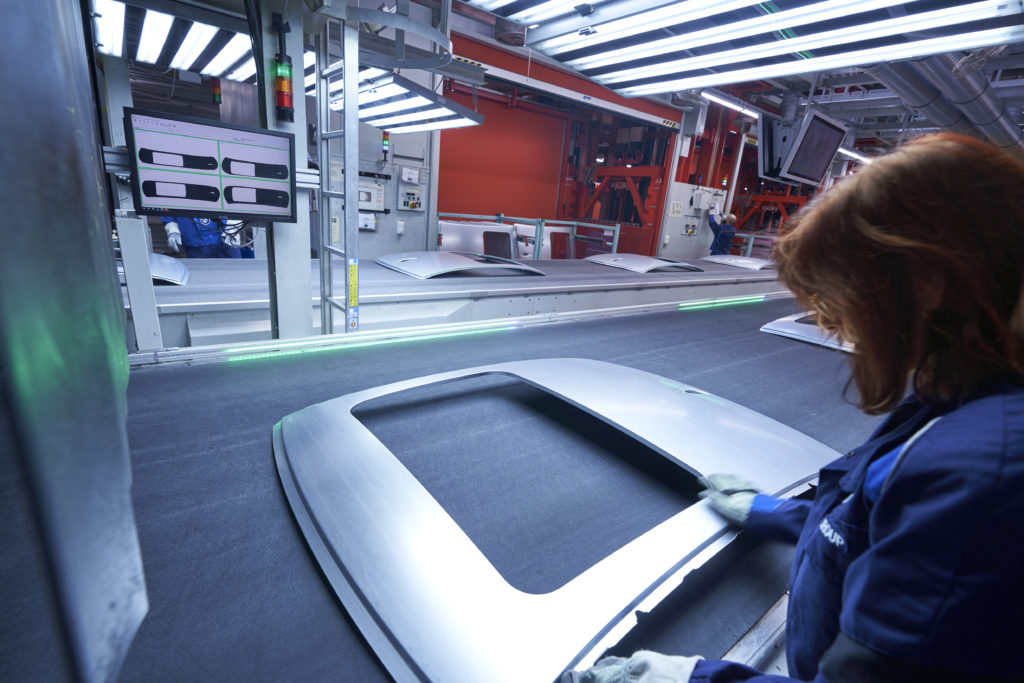
With plans to build a production facility in the Swedish county of Norrbotten near the arctic circle, H2 hopes to capitalize on the region’s rich resources which include high-quality iron ore and renewable energy in the form of wind power and hydroelectric systems. Norrbotten is also home to Luleå, where an investment totaling 310,000,000 € is currently underway to substantially expand the city’s port.
H2’s production process relies upon hydrogen produced using renewable energy sources to remove oxygen from iron oxide to produce steel. Instead of using carbon-rich coke fuel and thus emitting carbon dioxide, water is the only byproduct, meaning 95% of carbon dioxide emissions are eliminated in comparison with conventional steel production according to BMW. The production facility in Norrbotten will work in conjunction with an integrated hydrogen power plant, while relying on other local renewable energy sources for the remainder of its input needs. The production process also allows for a closed-loop material cycle, in which excess metal from panel stamping, for example, can be processed and shipped back to the vehicle production plant as steel coils and then reused. The use of this so-called secondary steel reduces emissions by approximately 50% to 80% when compared with new material. BMW currently uses between 20% and 100% secondary steel in vehicle production, and plans to increase that portion in the coming years.
H2 Green Steel isn’t the only company BMW is working with in northern Sweden to realize the future of the automobile. During August of 2020, the automaker entered into an agreement with Northvolt to produce sustainable batteries for electric vehicles and hybrids. Northvolt was founded by a pair of former Tesla executives, and is slated to manufacture batteries in a Gigafactory currently under construction in Skellefteå starting in 2024. BMW says up to 40% of an EV’s carbon dioxide emissions originate exclusively from battery cell production.—Alex Tock
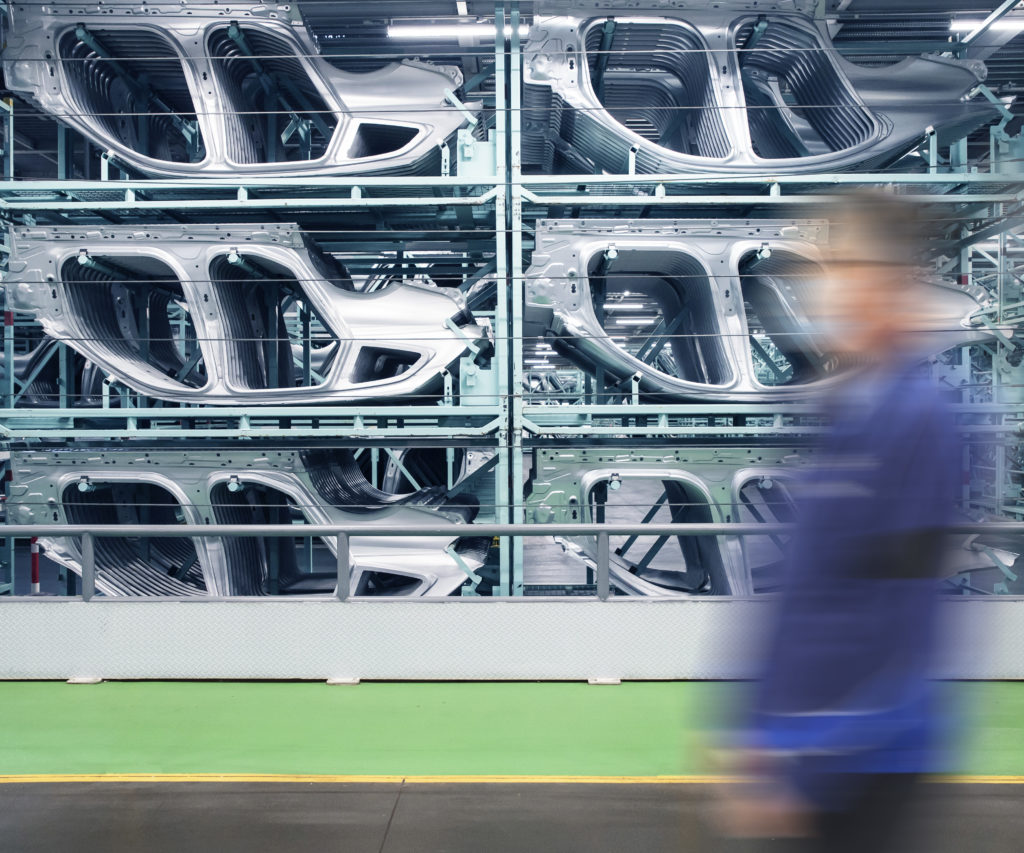
[Photos courtesy BMW AG.]




